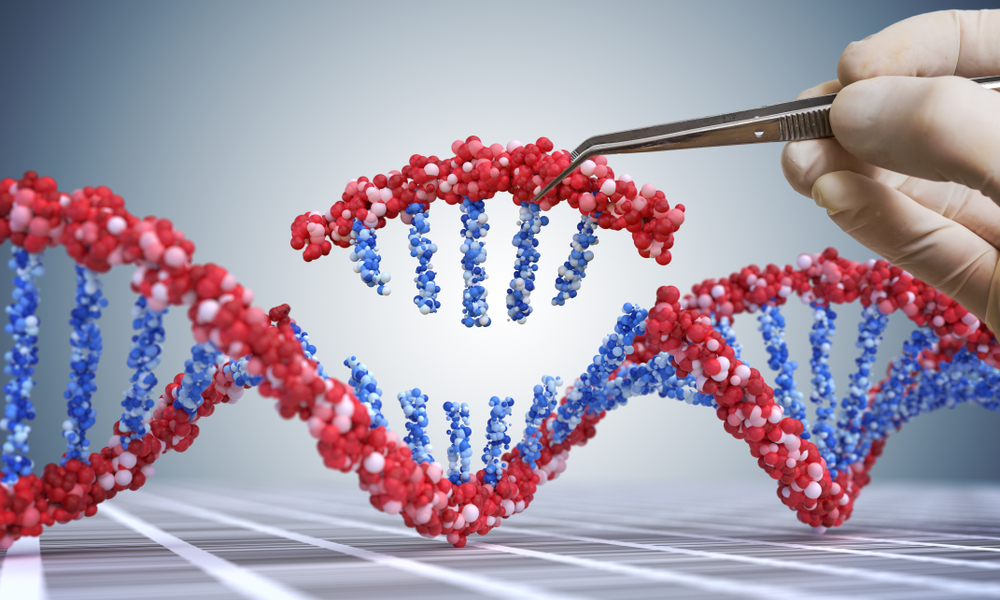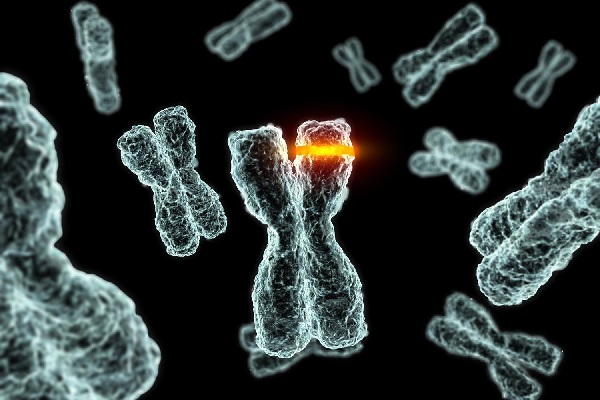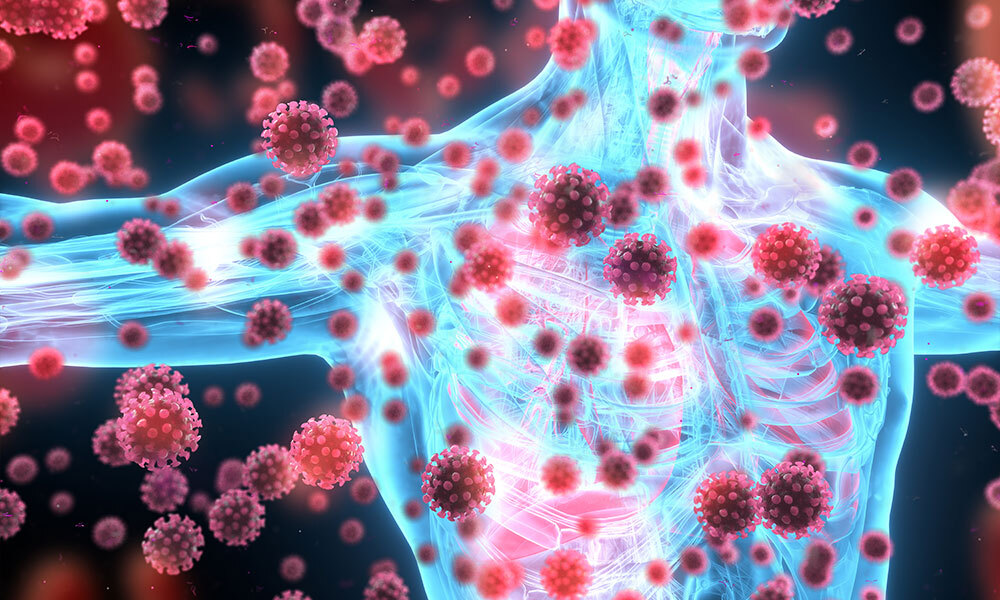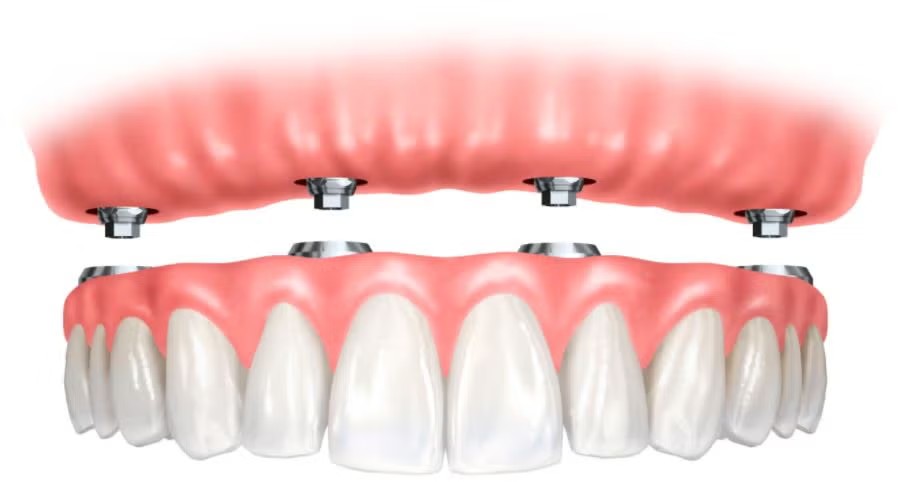Understanding the Role of Genetics in Disease

Genetics is the study of genes and their inheritance. It is no secret that genes play a significant role in the development of diseases. Many diseases, such as sickle cell anemia, cystic fibrosis, and Huntington’s disease, are caused by genetic mutations. Understanding the role of genetics in disease is crucial to the development of effective treatments and preventative measures.
What are genes?
Genes are segments of DNA that contain the instructions for making proteins. Proteins are the building blocks of life, and they play many different roles in the body. Some proteins are enzymes that catalyze chemical reactions, while others are structural proteins that provide support and shape to cells and tissues. Genes are passed down from parents to children and determine many of our physical and biological traits.
How do genetic mutations cause disease?


A genetic mutation is a change in the DNA sequence of a gene. Mutations can occur spontaneously, or they can be inherited from parents. Some mutations have no effect on the function of the protein that the gene codes for, while others can have severe consequences. When a mutation causes a protein to be produced incorrectly or not at all, it can lead to disease.
Types of genetic diseases
There are many different types of genetic diseases, and they can be classified in several different ways. Some genetic diseases are caused by mutations in a single gene, while others are caused by mutations in multiple genes. Some genetic diseases are inherited in an autosomal dominant pattern, meaning that a person only needs to inherit one copy of the mutated gene to develop the disease. Others are inherited in an autosomal recessive pattern, meaning that a person needs to inherit two copies of the mutated gene to develop the disease.
Diagnosing genetic diseases
Diagnosing genetic diseases can be challenging, as many genetic diseases have similar symptoms to other types of diseases. Doctors may use a combination of physical examination, medical history, and genetic testing to diagnose a genetic disease. Genetic testing can be used to look for specific mutations in a person’s DNA, which can help to confirm a diagnosis.
Treating genetic diseases

Treating genetic diseases can be challenging, as many genetic diseases have no cure. However, there are treatments available that can help to manage symptoms and improve quality of life. Some treatments include medications, surgery, and lifestyle changes. Gene therapy is a promising field that aims to treat genetic diseases by replacing or repairing faulty genes. While gene therapy is still in its early stages, it has shown promise in clinical trials for diseases such as hemophilia and certain types of blindness.
Preventing genetic diseases
Preventing genetic diseases is a complex issue, as many genetic diseases are inherited and cannot be prevented. However, there are steps that can be taken to reduce the risk of passing on genetic mutations. Genetic counseling is a service that can help individuals and couples understand their risk of passing on genetic diseases. Couples who are carriers of genetic diseases may choose to undergo in vitro fertilization (IVF) with pre-implantation genetic diagnosis (PGD) to reduce the risk of passing on genetic mutations to their children.
- Understanding the role of genetics in disease is crucial to the development of effective treatments and preventative measures.
- Genes are segments of DNA that contain the instructions for making proteins.
- When a mutation causes a protein to be produced incorrectly or not at all, it can lead to disease.
- There are many different types of genetic diseases, and they can be classified in several different ways.
- Diagnosing genetic diseases can be challenging, as many genetic diseases have similar symptoms to other types of diseases.
- Treating genetic diseases can be challenging, as many genetic diseases have no cure.
- Preventing genetic diseases is a complex issue, as many genetic diseases are inherited and cannot be prevented.
Overall, understanding the role of genetics in disease is essential for developing effective treatments and preventative measures. While many genetic diseases have no cure, there are treatments available that can help to manage symptoms and improve quality of life. Gene therapy is a promising field that may provide a cure for genetic diseases in the future. Additionally, genetic counseling and IVF with PGD can help to reduce the risk of passing on genetic mutations to future generations. As our understanding of genetics continues to grow, we can hope to develop new and more effective ways to prevent and treat genetic diseases.











